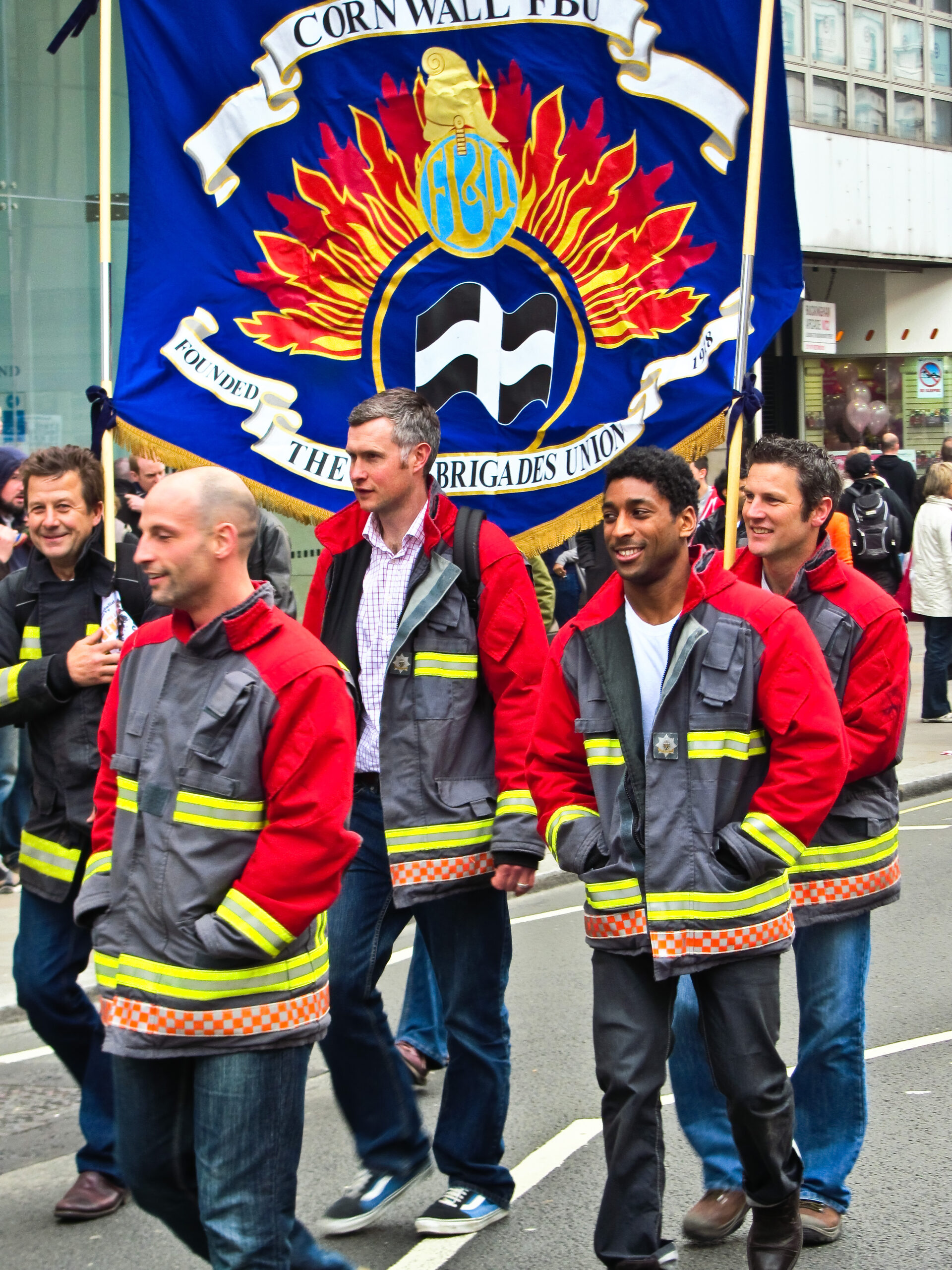THE PAY SETTLEMENT reached between the FBU and national fire service employers through the National Joint Council (NJC) in March this year included an agreement that joint working parties would be established to discuss several related aspects of the union’s pay claim, including future pay progression and structure, retained duty system pay, and continuous professional development.
These working groups would, FBU members were informed, conclude their work within eight months.
Against the background of the ongoing cost-of-living crisis and falling real wages in the fire service, there could be no greater priority for the FBU leadership at the moment than making sure these working groups complete their work promptly and efficiently. Their conclusions are likely to inform the entire future direction of the union’s campaign for improved pay across the fire and rescue service.
So it is somewhat odd that, with the exception of a circular from the general secretary back in April confirming that discussions with the employers would begin shortly, nothing has been reported by the FBU leadership (other than perhaps the occasional obscure verbal report) on the work of these working groups. There has been no written updates to members at all for several months, nor any report of NJC meetings that have occurred within that time. Nothing from the employers’ side either.
So what is going on? Have these working groups met? If so, how frequently? What progress has been made? Are the groups close to concluding their work (the eight months is up in early November)? What conclusions have been drawn? How will these conclusions affect the union’s ongoing pay campaign? What timeline is in place for substantive pay negotiations?
A national rally has been called by the FBU leadership for 1 November in central London to campaign for the union’s demands on a range of issues, including “fair pay”. We will await with anticipation a report at that rally on developments in respect of the working groups.
This is bread-and-butter stuff. It should be the union leadership’s priority.

